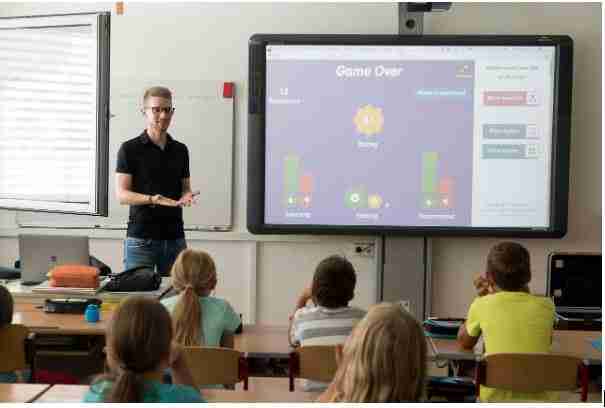Are you considering a career in teaching? Have you been looking for ways to get started? Teaching is an incredibly rewarding profession that requires dedication, hard work, and commitment. If you think teaching might be the right path for you, then this guide is just what you need. We’ll walk you through everything from choosing your specialisation, getting licensed, and finding the right job for you. So let’s get started!

1) Explore Different Teaching Specialisations
First, let’s look at some of the different teaching specialisations available. These include early childhood education, elementary education, secondary education (middle and high school), special education, higher education, and adult literacy. Think about which age group you would like to work with and what subject interests you the most. This will help you decide which area of teaching might be best suited for your career goals. Enrolling in a teaching program is a great way to explore the different specialisations in more detail. Additionally, consider any certifications or specialisations you may need to become qualified to teach certain age groups and subject areas. This will help you narrow down your career path.
2) Understand Licensing Requirements
Once you’ve identified the area of teaching that you would like to pursue, it’s important to understand the licensing and certification requirements for that area. Generally, each state sets its own guidelines for teacher licensure, so you will need to check with your state’s department of education to determine what is required. Most teaching programs include courses that focus on the licensure process and prepare students to take the necessary exams.
3) Get Experience Through Practicums
Most teaching programs include a practicum experience where students are placed in schools or other educational settings under the supervision of experienced teachers. Practicums provide valuable hands-on experience as well as an introduction into how classrooms operate. This is also a great way to build relationships with mentors who can provide advice and guidance as you start your teaching career.
4) Start Your Job Search

Now that you have the qualifications and experience, it’s time to look for jobs! Check with your state’s department of education for job openings in the area where you would like to teach. You can also search online job boards such as Indeed, Monster, or Glassdoor for open positions. Make sure you tailor your resume and cover letter to each specific position and highlight any accomplishments or areas of expertise that make you stand out from other applicants. Networking is also important; reach out to former teachers, colleagues, friends, and family members who may know about open positions or have advice about how to land a teaching job. So make sure you stay connected to the teaching community and continue to develop your skills.
These are just a few steps to help you get started in your teaching career. As you gain experience and learn more about the profession, you’ll become even better equipped to find the perfect job for you. Good luck!
We hope this guide has been helpful in getting you started on your path to teaching. Thanks for reading!